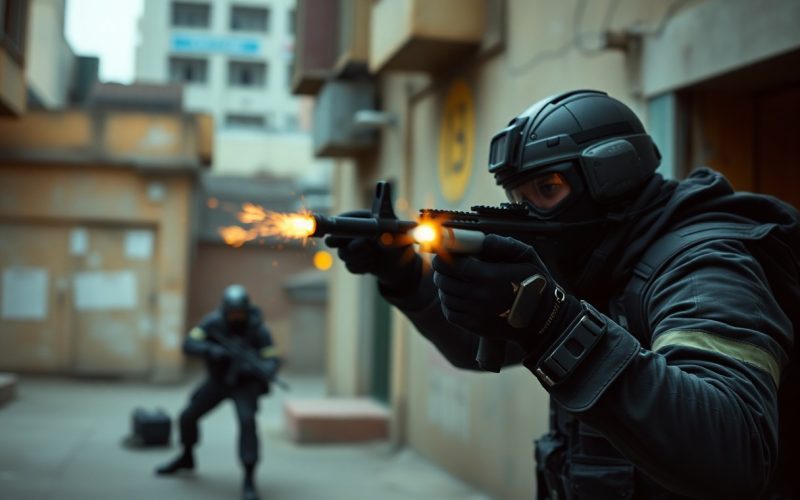Mid-rounds in Counter-Strike: Global Offensive (CS:GO) have emerged as a key strategic phase where teams can pivot and adapt based on the unfolding dynamics of a match. Traditionally, these moments relied heavily on player instinct and communication, but the introduction of dedicated coaching staff in esports has significantly shifted how teams approach these critical segments of gameplay. Coaches now play an integral role in orchestrating tactics and providing real-time insights that enable teams to maximize their potential throughout the match.
One of the most notable advancements in CS:GO coaching is the incorporation of data analytics. Coaches analyze player performances, game metrics, and opponent tendencies in-depth. Utilizing various tools and software, they can identify patterns that may not be apparent to players in the heat of battle. This statistical approach allows coaches to suggest adaptive strategies during mid-rounds, such as modifying positioning, altering approaches to bomb sites, or recognizing when to rotate. This informed decision-making is pivotal for achieving a competitive edge over opponents.
Furthermore, coaches now facilitate dynamic communication. In past competitive scenes, in-game communication was primarily the responsibility of the players, with limited influence from non-playing staff. However, modern esports environments allow for more structured communication, where coaches can provide live feedback during matches. This includes prompting players to recall pre-established strategies or suggesting alternative plays based on current observations. Such dialogue enables teams to be more agile and responsive, countering opponents while optimizing their own gameplay.
Mid-round coaching sessions often involve intensive collaboration between players and their coaches. These collective discussions foster a better understanding of the game’s underlying strategies, leading to an empowered team capable of making intelligent decisions on the fly. Players can rely on their coaches for specific advice on counter-strategies to opponents’ tactics, reinforcing the idea that success is a team effort. In this atmosphere, players feel supported and are encouraged to leverage their strengths effectively while mitigating weaknesses.
Coaching also aids in fostering mental resilience during mid-round phases. The psychological aspect of competitive gaming cannot be overlooked, as players often encounter pressure situations that can lead to errors or uncertainty. Coaches act as mental guides, helping players maintain focus, confidence, and composure in the heat of the moment. A well-timed piece of advice or an acknowledgment of progress can significantly influence a player’s mindset, steering them towards more calculated decisions that could impact the match’s outcome.
Moreover, the presence of coaches has solidified the importance of mid-round adjustments in shaping a team’s overall strategy. Instead of relying solely on preset tactics, teams are now trained to be versatile, adapting their game plan as new information surfaces during the match. This evolution in gameplay has led to more engaging and dynamic matches, where the element of surprise and adaptability plays a significant role.
As CS:GO continues to evolve, coaching remains a fundamental aspect that enhances the experience and performance of teams within the competitive scene. By carefully harnessing analytics, communication, and psychological support, coaches have transformed mid-rounds into opportunities for growth and tactical execution, solidifying their place in the modern gaming landscape.






